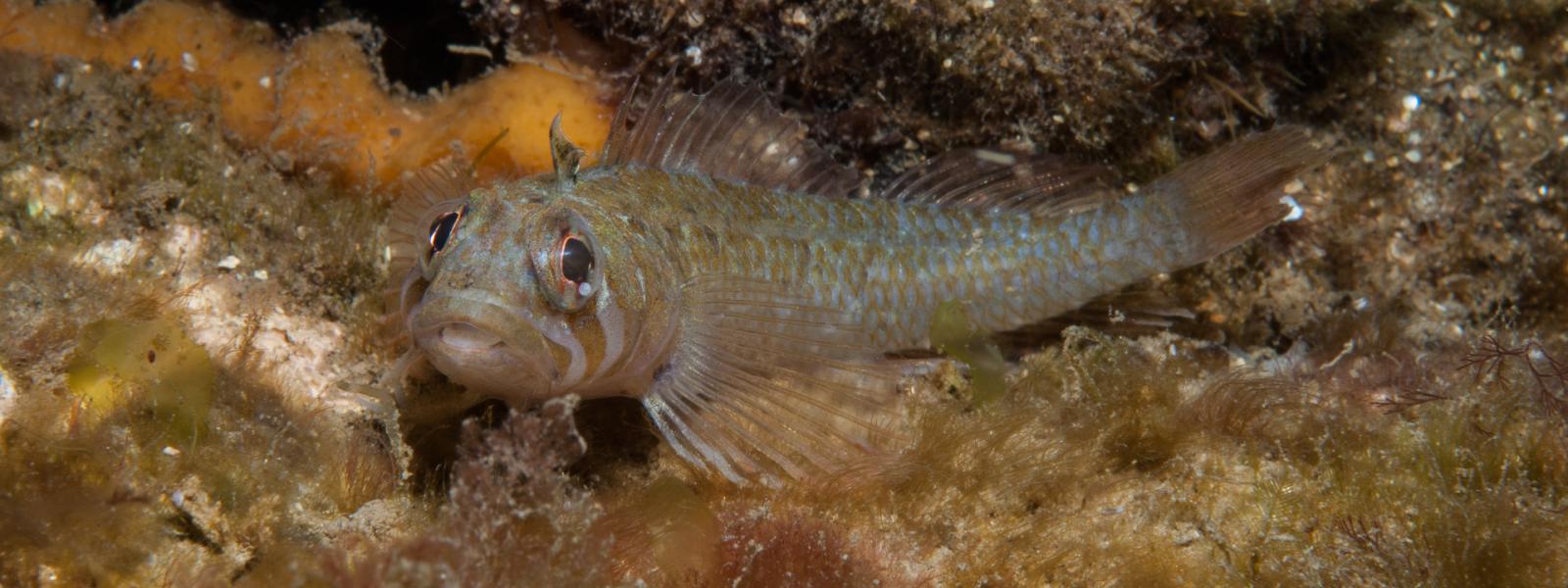There's nothing fishy about citizen science

Some marine scientists question the accuracy of volunteer generated data. But a growing community of researchers have found that volunteers (citizen scientists) can provide input that is of comparable quality to data obtained by scientifists.
The organisers of Reef Life Survey recognise the importance of including committed, well-trained volunteer divers, which creates opportunities to gather data at scales impossible and far too costly for project researchers to cover alone.
The Reef Life Survey coordinates skilled divers and trains them into skilled citizen scientists, to collect data on marine areas including Port Phillip Bay and Western Port.
The Reef Life Survey program is based on the principal that:
- Recreational divers can undertake routine investigation of the marine environment to a level equivalent to that of a professional scientific diver; and
- A large proportion of the best recreational divers are willing to assist scientific studies, with support to cover some costs of field activities.
Detractors suggest that involving volunteers with varying skill and commitment will lead to less precision in measurements, for example in the identification or counting of species. This means the use of these datasets in conservation science may be stymied by a perception that the data are of low quality.
However, a study undertaken in 2006 considered the quality of data collected by 36 Reef Life Survey divers who had received training to a scientific standard in survey methods. A previous assessment of data quality from these trained Reef Life Survey volunteers found the any differences with those produced by professional biologists was both non-significant and trivial.
By engaging large numbers of people, volunteer projects can provide opportunities for the public to take an active role in management and conservation. In combination, networks of volunteers have the potential to observe biodiversity and species distributions at large geographical scales.
Local urban impacts on reef biodiversity can hit quickly. To monitor and be prepared means gathering data at a finer scale and more often, taking into account small, faster growing species and checking fish biomass and trends in invertebrate types and numbers.
This need for ongoing monitoring at a local level shows the potential for skilled volunteers, helping to improve the tracking of changes in marine biodiversity and the effectiveness of management decisions.
Visit Reef Life Survey to learn more.